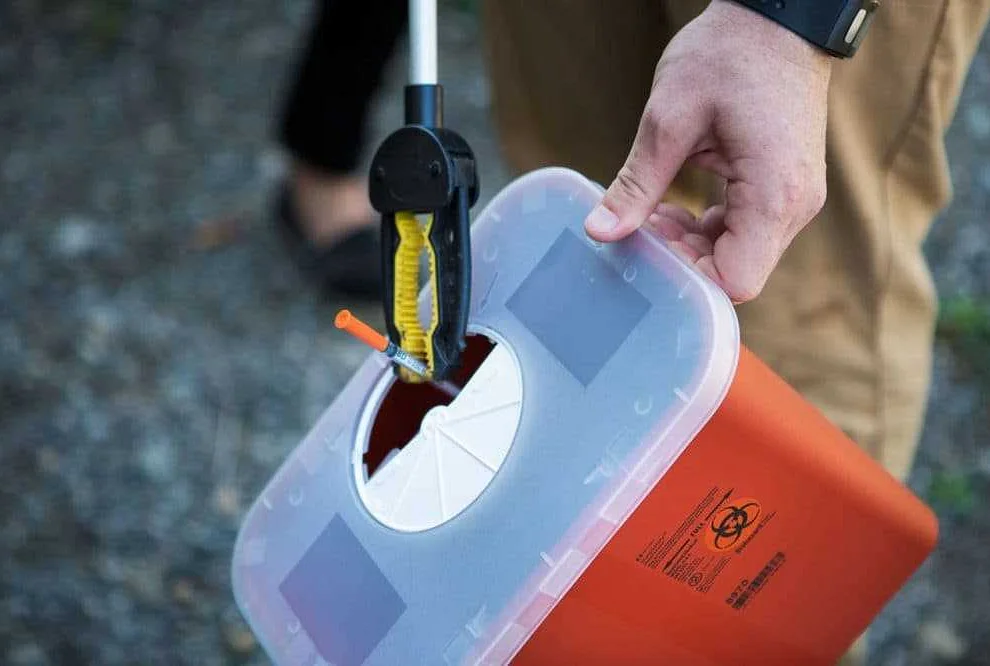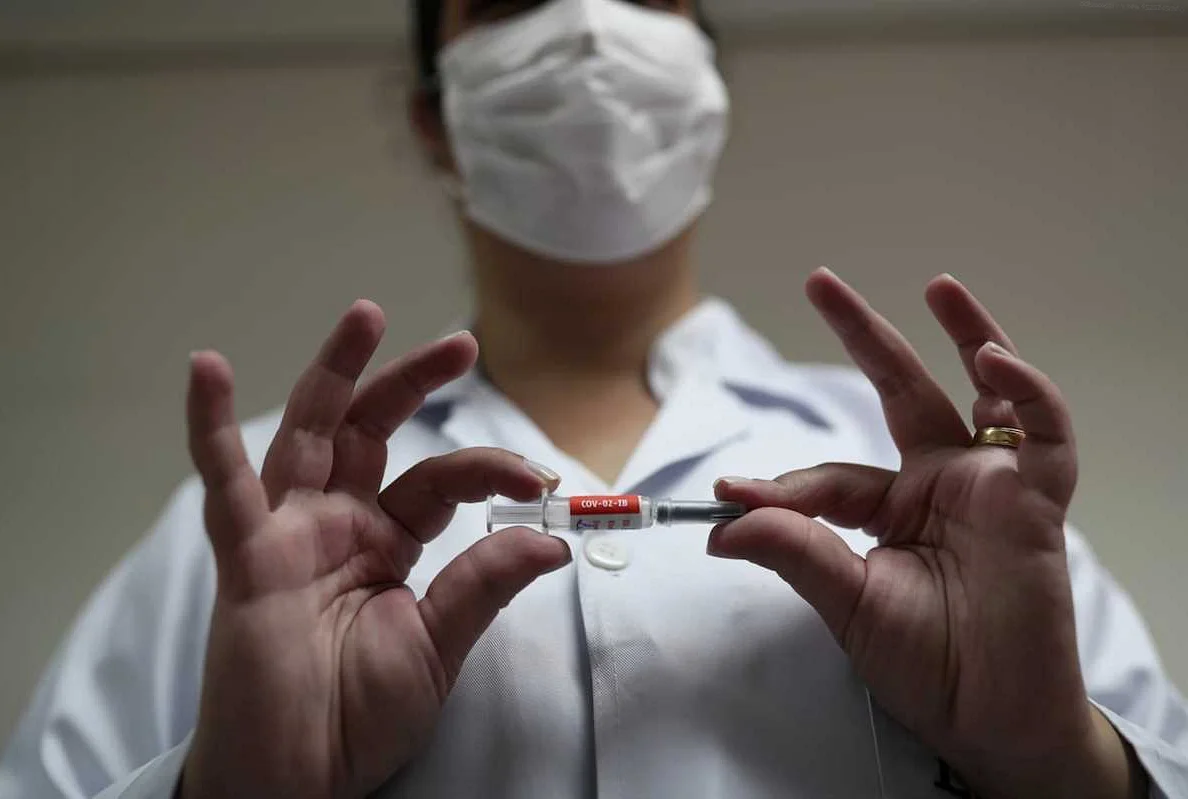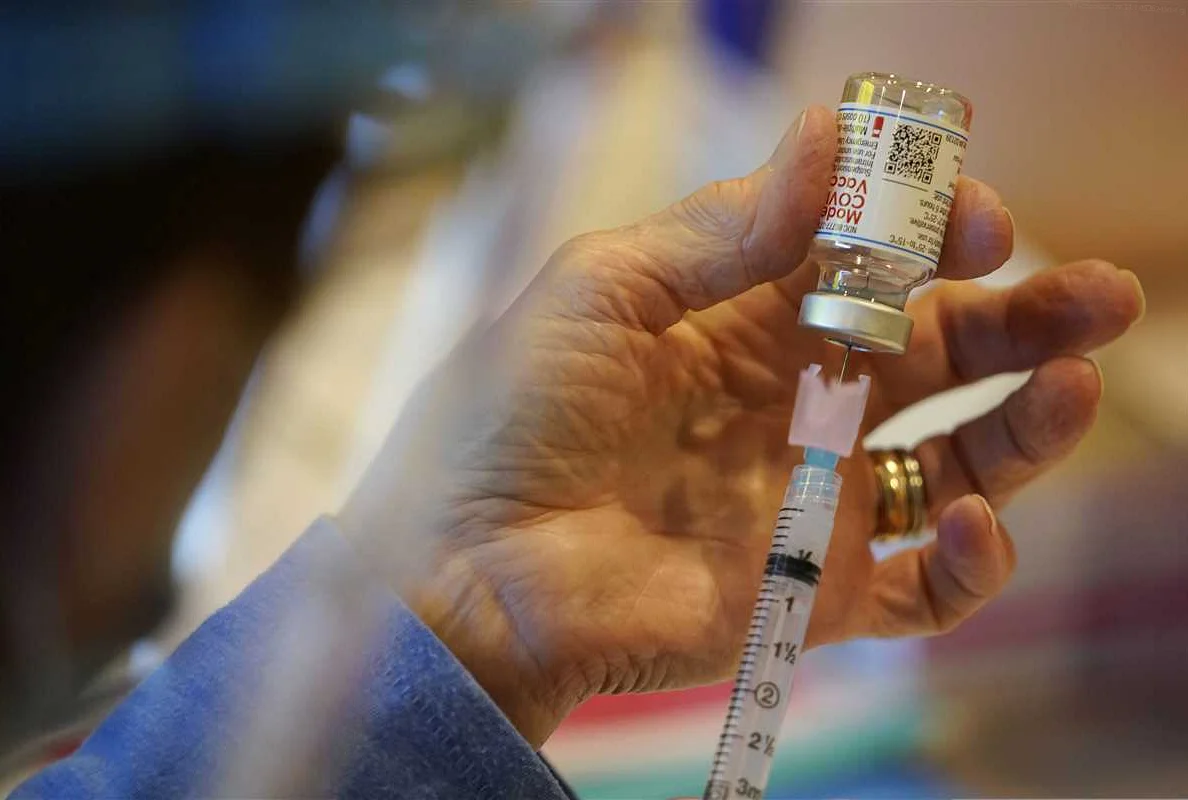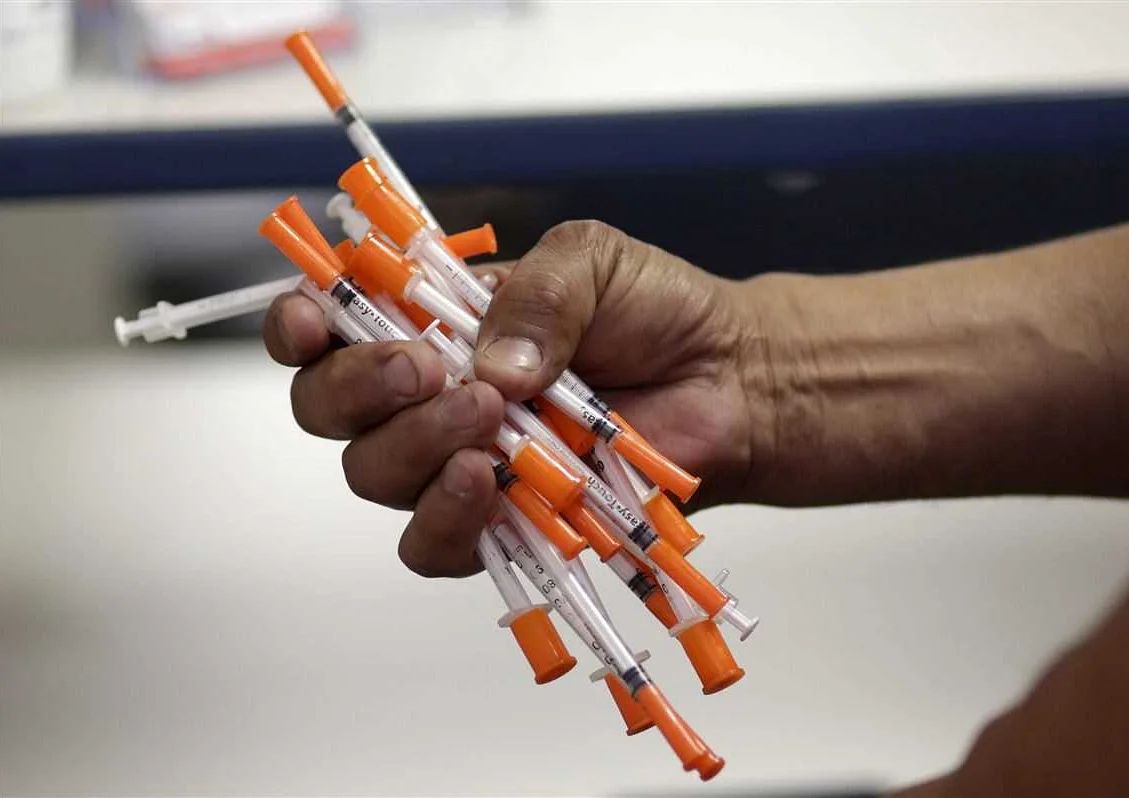St. Petersburg officials struggle with disposal of used syringes and bandages
St. Petersburg officials are struggling to find a solution for the proper disposal of used syringes and bandages, raising concerns about public health and environmental risks. The city faces a growing problem as the amount of medical waste increases, highlighting the need for effective waste management strategies to protect the community.
Proper disposal of medical waste, such as used syringes and bandages, is a pressing issue in St. Petersburg. The improper handling and disposal of these items can pose serious health and environmental risks. Discarded syringes can cause needlestick injuries and transmit infections, while improperly disposed bandages can contaminate water sources and habitats. This article will explore the challenges faced in disposing of these medical waste items and propose potential solutions to mitigate their negative impact.
One of the main problems with the disposal of used syringes and bandages in St. Petersburg is the lack of awareness and education among the general public. Many individuals do not understand the potential dangers that these items can pose if not properly handled and disposed of. There is a need for comprehensive education campaigns that highlight the importance of safe disposal practices and provide clear instructions on how to dispose of these items properly.
In addition to the lack of awareness, there is also a lack of accessible disposal facilities for used syringes and bandages in St. Petersburg. The current infrastructure does not adequately cater to the needs of the population, resulting in improper disposal of these medical waste items. It is essential to establish designated collection points and disposal bins throughout the city, where individuals can safely and conveniently dispose of their used syringes and bandages.
Furthermore, there is a need for stricter regulations and enforcement regarding the disposal of medical waste in St. Petersburg. The existing regulations may not be sufficient to address the growing concerns surrounding the improper disposal of syringes and bandages. It is crucial to implement and enforce penalties for individuals, healthcare facilities, and waste management companies that fail to adhere to proper disposal practices. This will serve as a deterrent and ensure that everyone involved in the disposal process takes their responsibility seriously.
In conclusion, the improper disposal of used syringes and bandages in St. Petersburg is a significant issue that requires immediate attention. By raising awareness, improving infrastructure, and implementing stricter regulations, we can effectively address this problem and protect the health and environment of our city. It is essential for the government, healthcare providers, and the general public to work together towards finding sustainable solutions for the safe disposal of medical waste.
Existing Challenges in Syringe and Bandage Disposal

Disposing of used syringes and bandages poses significant challenges in St. Petersburg. One of the main problems is the lack of proper disposal infrastructure. Many healthcare facilities, including hospitals and clinics, do not have designated waste management systems for syringes and bandages, resulting in improper disposal.
Another challenge is the lack of awareness and education among healthcare professionals and the general public about the proper disposal methods. Many individuals do not know that used syringes and bandages should not be thrown in regular trash bins, as they pose a risk of injury and contamination. This lack of knowledge leads to incorrect disposal practices.
In addition, there is a shortage of collection points and facilities for the safe disposal of medical waste. This leads to the disposal of syringes and bandages in general waste containers, increasing the risk of needlestick injuries for waste collectors and potentially spreading infections.
The improper disposal of syringes and bandages also raises environmental concerns. These medical wastes contain hazardous materials that can leach into soil and water bodies, posing a threat to ecosystems and human health. The current disposal practices contribute to pollution and environmental degradation.
To tackle these challenges, it is crucial to improve the waste management infrastructure in healthcare facilities and establish proper disposal systems for syringes and bandages. Education and awareness campaigns should be conducted to inform healthcare professionals and the public about the correct disposal methods. Increasing the number of collection points and facilities for medical waste disposal would also contribute to safer and more environmentally friendly practices.
In conclusion, the existing challenges in syringe and bandage disposal in St. Petersburg call for urgent attention and action. Proper waste management infrastructure, education, and awareness initiatives, as well as increased collection points, are necessary to address these issues and ensure the safe and environmentally friendly disposal of medical waste.
The Environmental Impact of Improper Disposal

Improper disposal of used syringes and bandages in St. Petersburg can have significant negative environmental impacts. When these medical waste items are not disposed of properly, they can end up in landfills or water bodies, leading to pollution and potential harm to ecosystems.
One of the primary concerns is the contamination of soil and water. Used syringes and bandages may contain hazardous substances, such as traces of medication or pathogens. When these items are disposed of in landfills, these substances can leach into the soil and contaminate groundwater. This contaminated water can then find its way into rivers, lakes, and other water bodies, potentially affecting aquatic life and the surrounding ecosystems.
In addition to water pollution, improper disposal can also contribute to air pollution. If used syringes and bandages are incinerated without proper precautions, the burning of these materials can release harmful pollutants into the air. These pollutants can have adverse effects on air quality and human health, especially if they contain toxic chemicals or pathogens.
Moreover, the improper disposal of medical waste can lead to the spread of diseases and infections. Used syringes and bandages may carry blood-borne pathogens or other harmful microorganisms. If these waste items are not handled and disposed of correctly, there is a risk of contact with these pathogens, which can result in the transmission of diseases to humans and animals.
To mitigate these environmental impacts, it is crucial to have proper systems in place for the disposal of used syringes and bandages. This includes the establishment of designated medical waste disposal facilities, where these items can be safely collected and treated. Furthermore, it is essential to educate the public and healthcare professionals about the importance of proper disposal practices and provide them with the necessary resources and guidelines.
| Contamination of soil and water | Establish designated medical waste disposal facilities |
| Air pollution | Implement proper incineration procedures |
| Spread of diseases and infections | Education and awareness campaigns |
Public Health Risks Associated with Inadequate Disposal

Inadequate disposal of used syringes and bandages in St. Petersburg poses significant public health risks. The improper discarding of these medical waste items can lead to the spread of diseases and infections, endangering both the general public and waste management workers.
One of the primary risks is the transmission of bloodborne viruses such as HIV, hepatitis B, and hepatitis C. When syringes contaminated with these viruses are not properly disposed of, they can pose a significant risk to anyone who comes into contact with them. This includes waste management workers who handle the waste, as well as individuals who come into contact with discarded syringes in public spaces.
Another concern is the potential for needlestick injuries. Improper disposal increases the likelihood of accidental needle pricks, which can lead to serious infections, including transmission of bloodborne pathogens. This risk is particularly high for waste management workers who may encounter improperly discarded syringes without proper protective equipment.
Inadequate disposal of bandages can also contribute to public health risks. Bandages that are contaminated with infectious bodily fluids can spread diseases and infections if not disposed of properly. This is especially true for bandages used to cover wounds or injuries that are prone to infection.
Furthermore, the improper disposal of medical waste can have negative environmental impacts. Syringes and bandages that are not disposed of correctly can end up in landfills or bodies of water, posing a risk to the ecosystem and potentially contaminating the soil or water sources.
To mitigate these health risks, it is crucial to promote proper disposal practices and educate the public on the dangers of inadequate waste disposal. This includes providing accessible and secure disposal containers in public places, training waste management workers on safe handling procedures, and raising awareness among healthcare professionals and patients about the importance of proper disposal of medical waste.
By addressing the public health risks associated with inadequate disposal, St. Petersburg can work towards creating a safer and healthier environment for its residents and waste management workers.
Current Regulations and Initiatives

In an effort to address the issue of disposing of used syringes and bandages in St. Petersburg, several regulations and initiatives have been put in place.
One regulation that has been implemented is the requirement for healthcare facilities and pharmacies to have designated collection containers for used syringes and other medical waste. These containers must be properly labeled and sealed to prevent any contamination or leakage.
Additionally, there are strict guidelines for the transportation and disposal of medical waste. Companies that specialize in medical waste disposal must be registered and follow specific protocols to ensure the safe and proper handling of these materials.
Furthermore, there have been initiatives launched by local authorities to raise awareness about the proper disposal of medical waste. These initiatives involve educational campaigns that target both healthcare professionals and the general public. The goal is to inform and educate individuals about the potential hazards associated with improper disposal and to promote responsible waste management practices.
Another initiative that has gained traction is the promotion of alternative disposal methods, such as needle exchange programs and take-back programs. Needle exchange programs aim to provide individuals with clean needles and syringes in exchange for their used ones, reducing the risk of needle sharing and improper disposal. Take-back programs, on the other hand, provide designated drop-off locations where individuals can safely dispose of their used syringes and other medical waste.
Overall, these current regulations and initiatives are steps in the right direction towards addressing the issue of disposing of used syringes and bandages in St. Petersburg. By implementing stricter guidelines, raising awareness, and promoting alternative disposal methods, the city is working towards a safer and more sustainable solution for medical waste management.